
New York Times journalist Nicole Perlroth on the secret trade in tools used to hack the press
The last time New York Times cybersecurity journalist Nicole Perlroth spoke with Emirati activist Ahmed Mansoor in 2016, his passport had been taken and he had recently been beaten almost to the point of death. “We learned later on that our phone conversation had been tapped, that someone was in his baby monitor, that his…
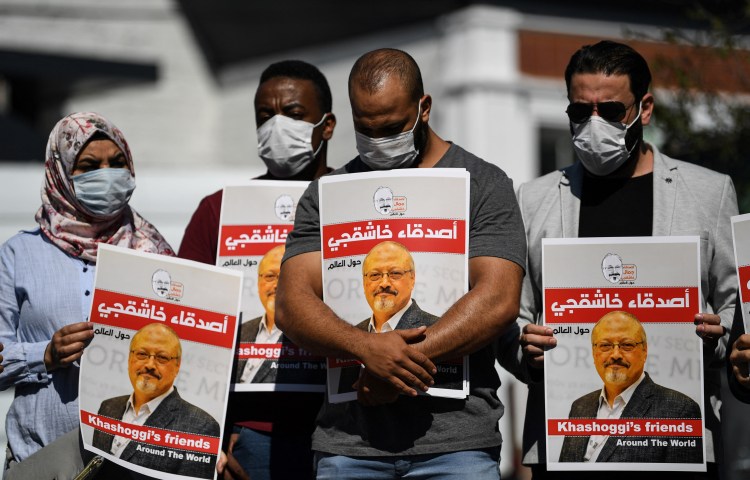
Three takeaways from the US intelligence report blaming Saudi Arabia’s Mohammed bin Salman for Khashoggi’s murder
On Friday, the United States laid the blame for the murder of Saudi journalist Jamal Khashoggi squarely at the feet of Saudi Crown Prince Mohammed bin Salman in a long-awaited report from the Office of the Director of National Intelligence. The release of the report, which is just three pages long, signaled a change from the previous…

Al-Jazeera’s Ghada Oueiss on hacking, harassment, and Jamal Khashoggi
In a mid-2020 Washington Post opinion piece, Lebanese Al-Jazeera broadcast journalist Ghada Oueiss described hackers stealing private photos and videos from her phone and posting them online. The leak resulted in a sharp escalation of online attacks, Oueiss told CPJ in a January 2021 call. Since the brutal murder of Washington Post columnist Jamal Khashoggi…
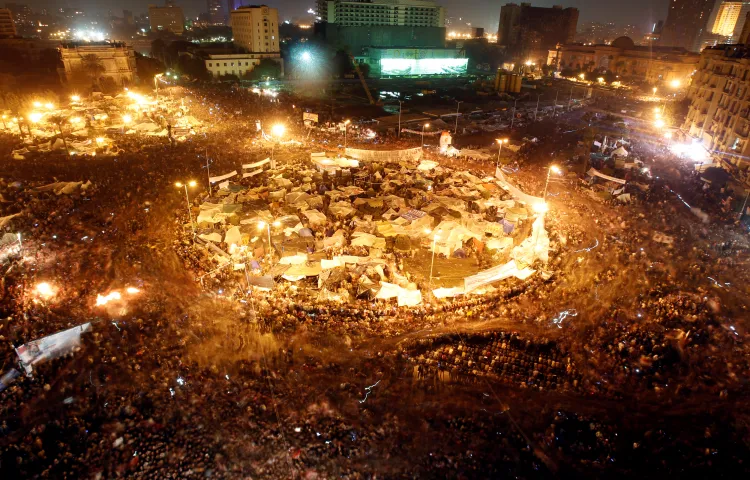
Ten years after the Arab Spring, the region’s media faces grave threats. Here are the top press freedom trends
In early February 2011, Alaa Abdelfattah was in Egypt’s Tahrir Square, documenting and participating in the nascent pro-democracy uprising that would topple the government and transform the country and the region. Today, he is in prison on anti-state and false news charges, which his family believes are partly retaliatory for his work. Abdelfattah is one of…

Journalist safety in 2020
In this unforgettably tumultuous year, journalists across the world covered the ongoing pandemic, dangerous protests, natural disasters, active conflicts, elections, and other life-changing events. The reporters, anchors, photographers, camera operators, producers, and technicians who brought 2020’s biggest stories to the public often risked their own physical safety and psychological well-being and found themselves the subjects…
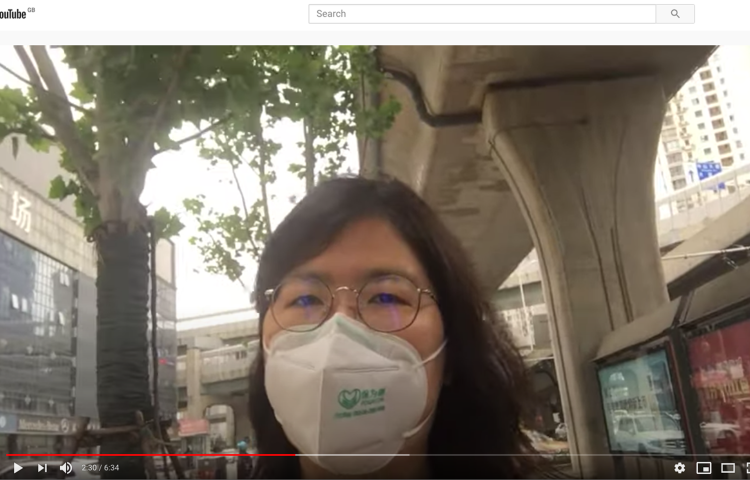
Journalists jailed for social media “terrorism” highlight content moderation challenges
A journalist in China uploaded a video to YouTube criticizing the Chinese government’s response to the coronavirus outbreak in Wuhan. Another, in Vietnam, left a state-owned newspaper but continued posting stories they wouldn’t let her cover on Facebook. In Egypt, a freelance photographer streamed an anti-government protest from his balcony on Facebook Live. In Iran,…
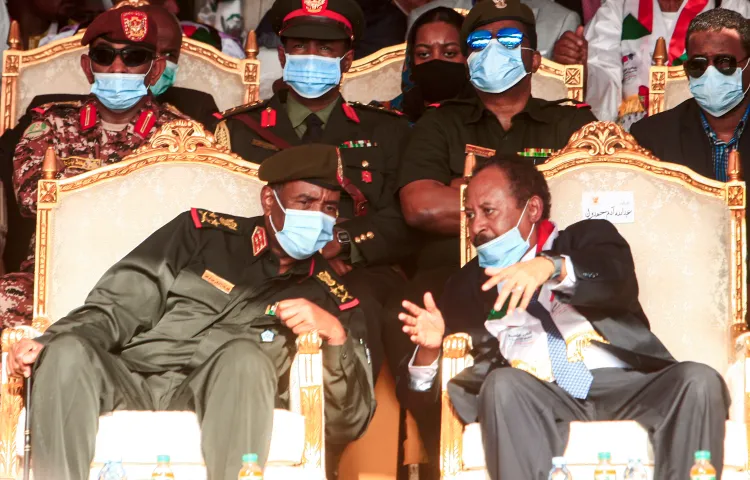
Sudan tightens cybercrime law as army pursues “fake news”
Dura Qambo was on vacation in Egypt in July when a friend called to warn her to stop criticizing the Sudanese army online, she told CPJ. Earlier that day, the army had announced on Facebook that it had appointed a Special Commissioner in May to sue anyone who insults or defames the military on the…
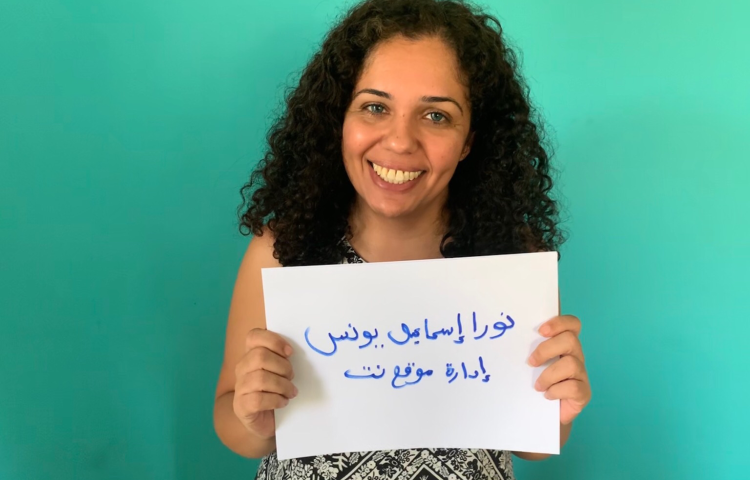
Al-Manassa editor Nora Younis on censorship in Egypt
This summer, Egyptian authorities raided Al-Manassa for the first time since the independent news website was established in 2016. News reports describe at least six police officers storming the outlet’s only office in Cairo, confiscating a laptop, and arresting Nora Younis, the editor-in-chief. The following day, the public prosecutor’s office charged her with multiple unfounded…
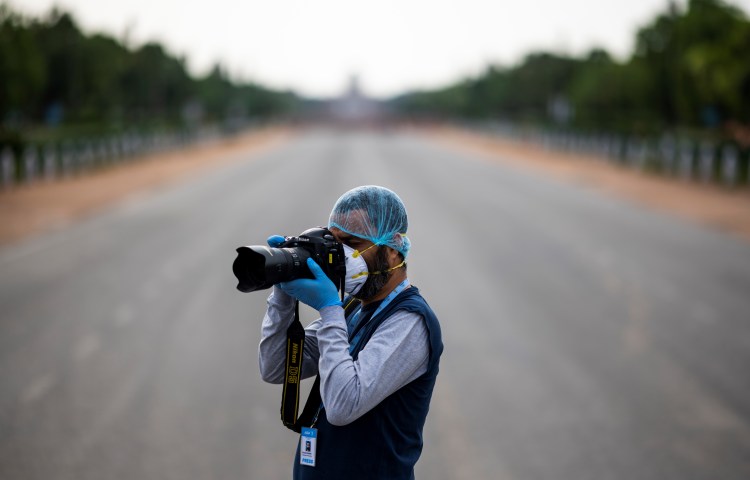
How do I cover COVID-19? Frequently asked questions for CPJ’s safety experts
The coronavirus has changed the way journalists report around the world. As COVID-19 morphed into a pandemic in early 2020, journalists quickly needed to know how to safely cover the world’s biggest news story. The uncertainty around the virus meant that even stepping outside was fraught with risk. Journalists soon got in touch with CPJ’s…
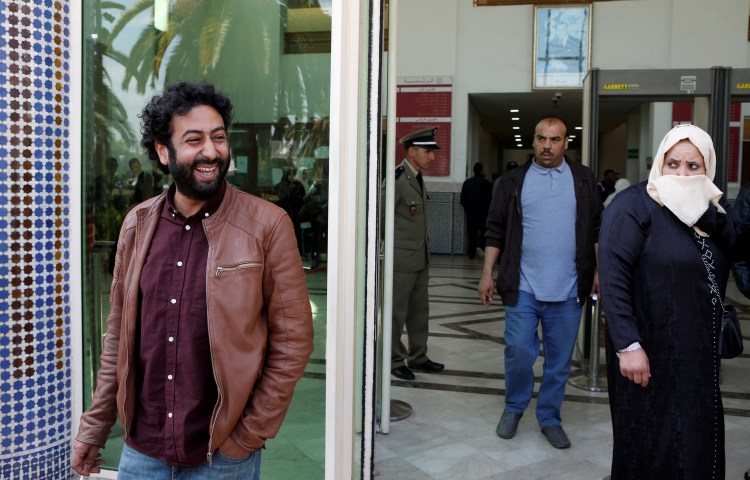
Bertha Foundation: Omar Radi’s arrest blocked Moroccan land rights exposé
The 10th time journalist Omar Radi was summoned by Moroccan police this summer, he was arrested on multiple charges including undermining state security and sexual assault, as CPJ documented in July. He was placed in solitary confinement in the Oukacha Prison in Casablanca to reduce the risk of exposure to COVID-19, and remained there as…